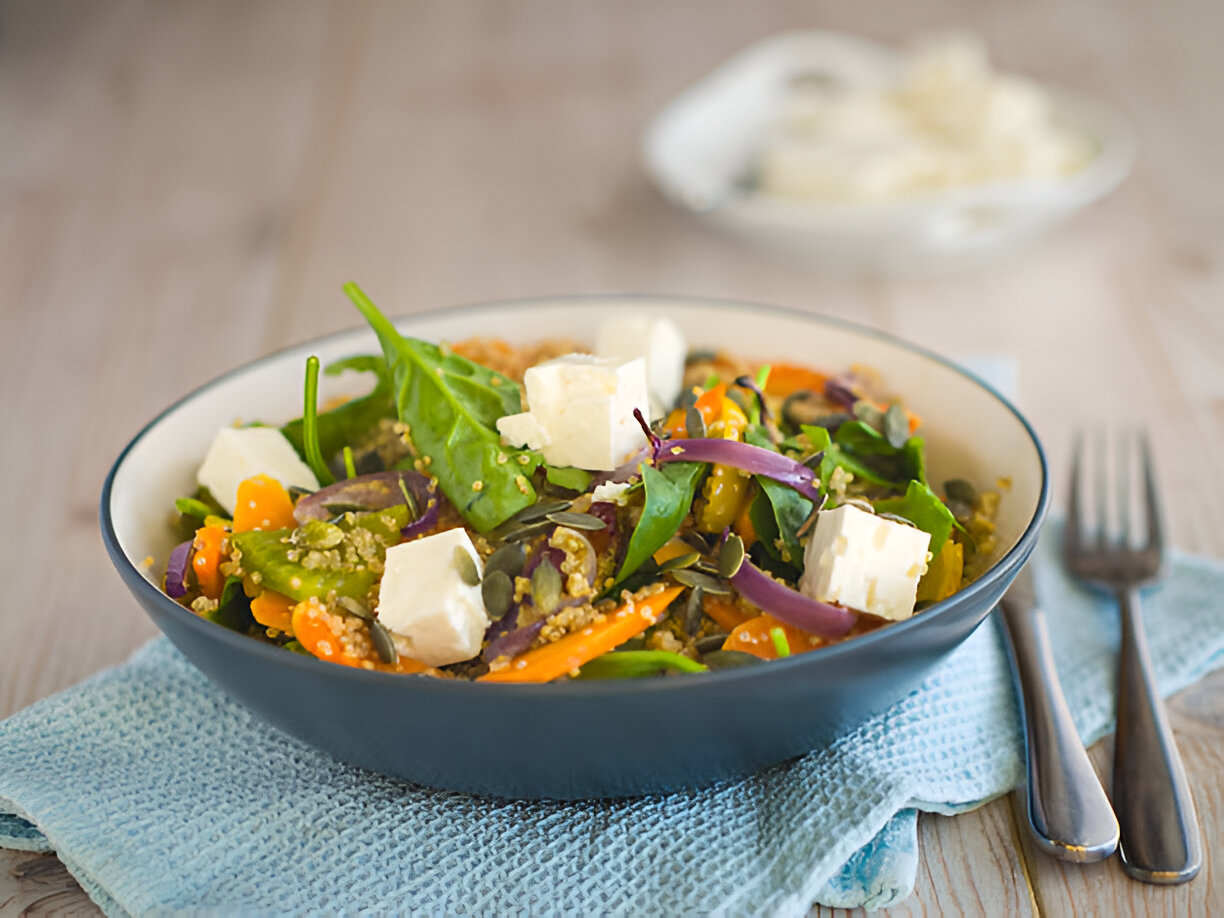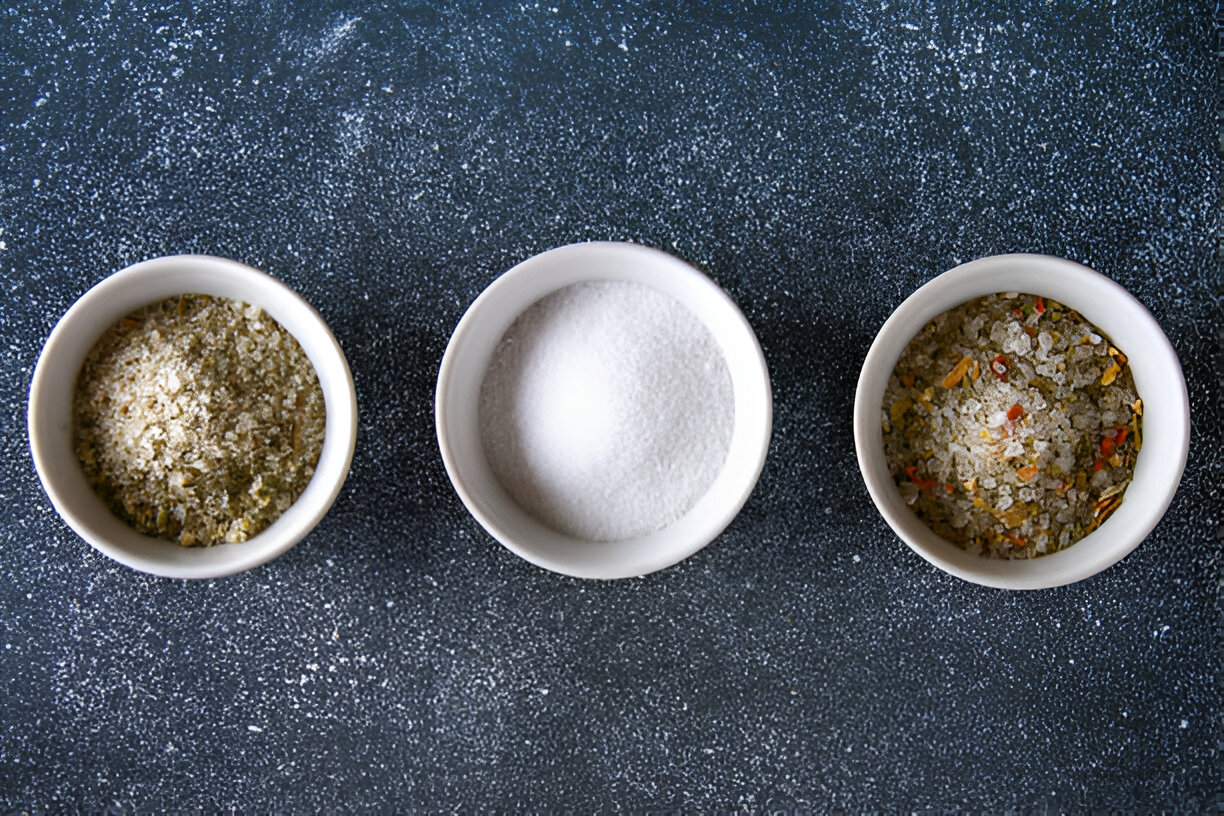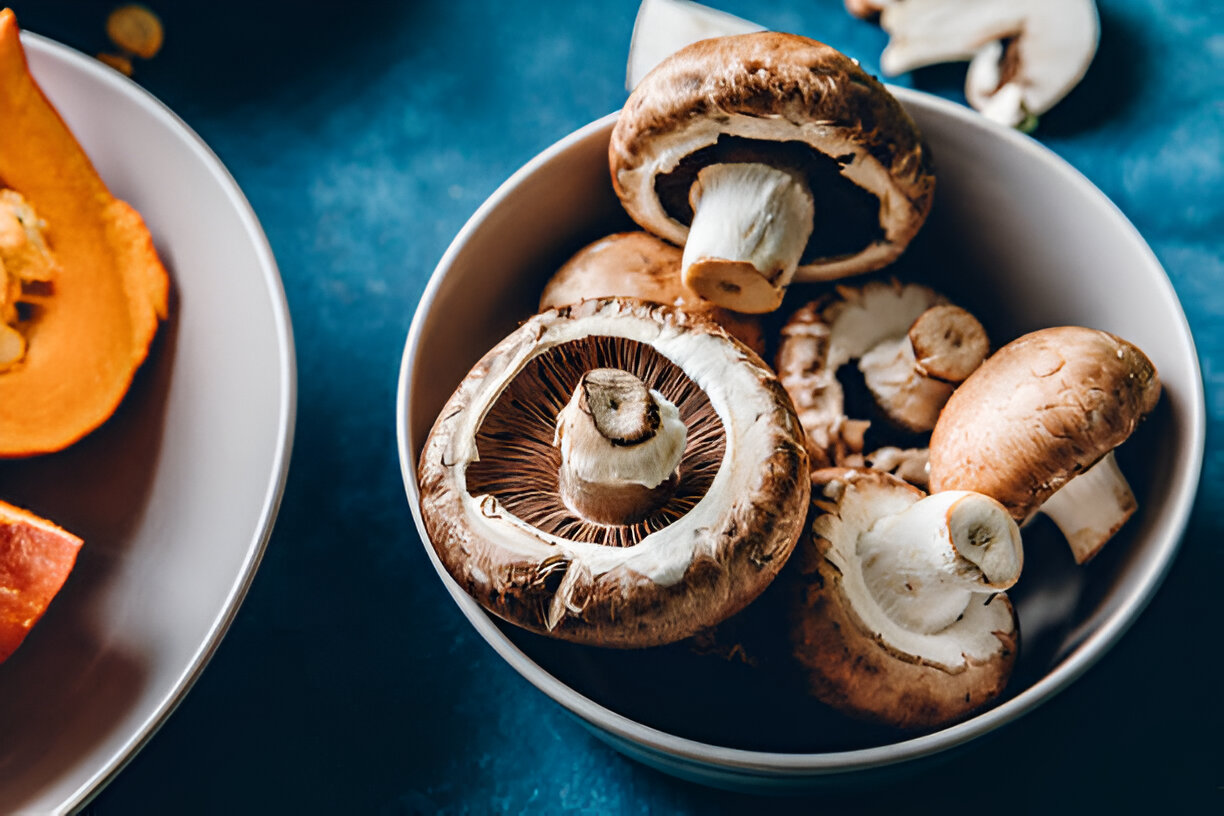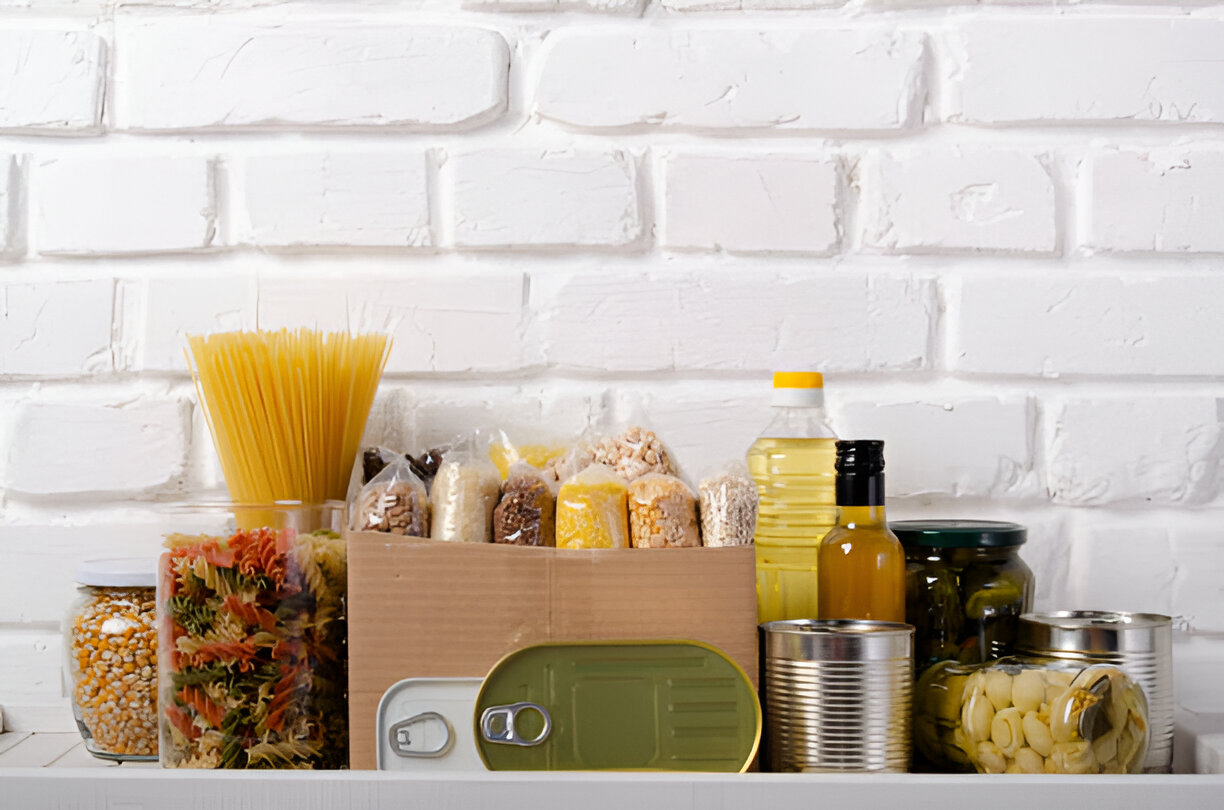

When my friend Mike died suddenly, I stopped sleeping. I was fine during the day, chatting at work and chasing my kids around the yard. But at about 11 every night, with my children asleep and my husband’s breath slowed to a quiet hum, the night would open up dark and wide as if it could swallow me.
I tried all the usual tricks: hot baths, warm milk, reading. I did have an ace in the hole, something I had used to combat insomnia in the past. But I didn’t want to use it.
By day four, I was so tired that I was afraid to drive. So that night, after tucking my children into bed, I decided to use the best sleep aid I knew. Though I wasn’t hungry, I walked to the kitchen, poured myself a large bowl of cereal, and sat down to eat.
Countless others were probably doing the same thing. Whether it’s to quell anxiety or loneliness, to make up for insufficient calories during the day, or, as in my case, to fall asleep, overeating at night (well after dinner) is common. “I’m always amazed at how many [clients] say that night eating is an issue,” says psychologist Susan Albers, author of “Eat, Drink, and Be Mindful.” At night, we’re tired and want to relax. There’s unstructured time, and fewer distractions to keep us from our emotions. As John Bagnulo, Ph.D., nutritionist at Kripalu Center for Yoga and Health, puts it, “The demons come out at night.”
Using eating to get through the wee hours spells bad news for your health. The foods we reach for at night are often high in refined carbohydrates, Bagnulo says; they increase our levels of serotonin, a neurotransmitter that makes us feel calm and satiated. But these choices also pack a lot of calories and cause spikes in blood sugar that, over time, set people up for conditions like insulin resistance and diabetes, as well as sleep pattern disruption. “Eventually, your body expects calories at night. Then you start delaying breakfast and the cycle gets reinforced,” says Kelly Allison, Ph.D., coauthor of Overcoming Night Eating Syndrome. Taken to an extreme, night eating can escalate into night-eating syndrome, or NES. In these cases, people consume more than a quarter of their daily calories after dinner.
While those with NES may require professional treatment, most night eaters benefit from simple strategies, says Allison. The solutions depend on what type of night eater you are. If you fit more than one of the following categories, use multiple strategies.
Emotional Eaters
If you struggle with depression or anxiety, or even just boredom and loneliness, nighttime can loom large. We “sometimes try to fill a void in another part of our life with food,” says Bagnulo. And if you’re busy with work, parenting, or both, nighttime is often the first quiet moment you have — and you might suddenly find yourself overwhelmed with stress or emotions.
Strategy
Create an awareness of your real needs, says Albers. Grab a journal and write about how you’re feeling for a few minutes before you go to the kitchen at night. Are you tired, anxious, or mad? Think about what you really need in that moment. Comfort? Support? Then consider what, besides food, might prove helpful — a conversation with a friend, a hot bath, or more love in your life? Just pausing for a few moments is sometimes enough to make a craving pass, Allison notes.
Dieters
Many people overeat at night because they follow overly restrictive diets during the day. “A lot of people skip breakfast, or have a really light breakfast, and then have only a salad for lunch,” explains Bagnulo. “Then they come home and eat all night long because they have underconsumed calories during the day.” In other words, “they’re trying to trick their bodies.”
Strategy
Regulate your eating — and your blood sugar — by getting three meals a day. For breakfast, include protein-rich foods (such as eggs or almond butter) as well as complex carbohydrates (such as steel-cut oats, quinoa, or buckwheat), says Bagnulo.
Then focus on a healthy lunch and dinner. Bagnulo says that many people fall into the trap of thinking that if they eat during the day, it will just increase their overall caloric intake. But in fact, eating regular meals that contain lean proteins, healthy oils, and complex carbohydrates is one of the best ways to prevent overeating.
Eating to Sleep
You don’t have to have a diagnosed case of NES to use food to help you fall asleep. “Some feel that if they go to bed hungry, they’ll have a poor night’s sleep, so they’d rather eat before they go to bed than be sleep-deprived,” says Bagnulo. “The problem is, in many of these cases, they’ll wake up at 2:30 or 3 because the effects wear off.” And then it’s back to the kitchen to eat again. A diet full of blood-sugar-spiking foods (which can, over time, lead to insulin resistance) is sometimes to blame. “Once people have insulin resistance, they can have problems with sleep and hormones,” says Bagnulo.
Strategy
Getting your blood sugar and insulin levels on an even keel starts with eating a big, protein-rich breakfast — even if you’re not hungry. Wean yourself off blood-sugar spiking foods, and include beans and lentils in at least one meal a day; these improve the body’s insulin sensitivity. Almonds and pumpkin seeds make great snack choices. If you feel like you need food to sleep, choose foods that raise your serotonin levels without affecting your blood sugar, such as a small piece of turkey or a spoonful of peanut butter.
Simultaneously, restructure your night routine away from food. Build in routines like an after-dinner walk or listening to soothing music. And assign a time when the kitchen is closed. “Sometimes we develop a conditioned response to food and relaxing,” Allison notes. But like all learned behavior, it can be unlearned with practice — and regular doses of self-care.
Text by Celina Ottaway






















